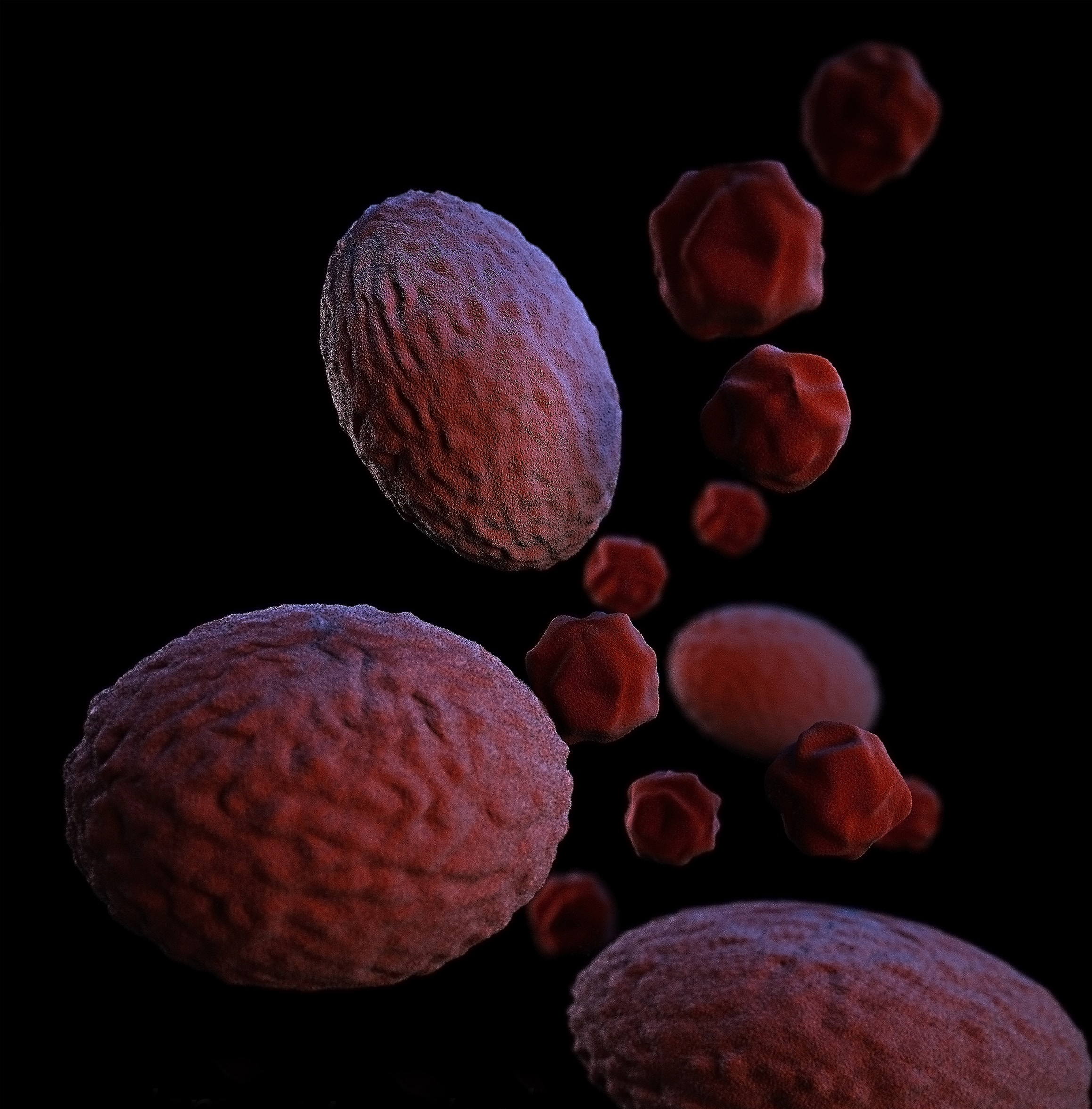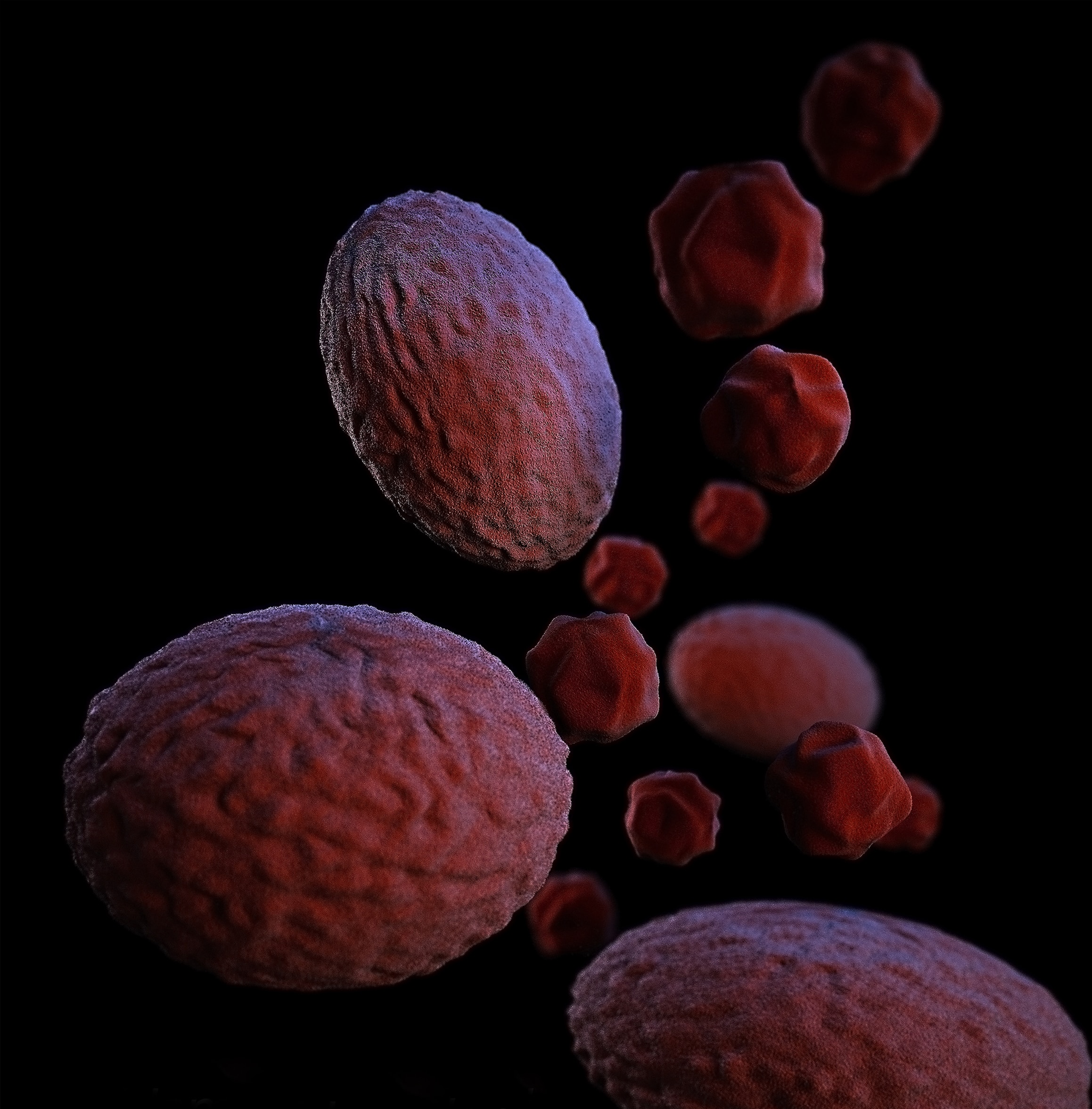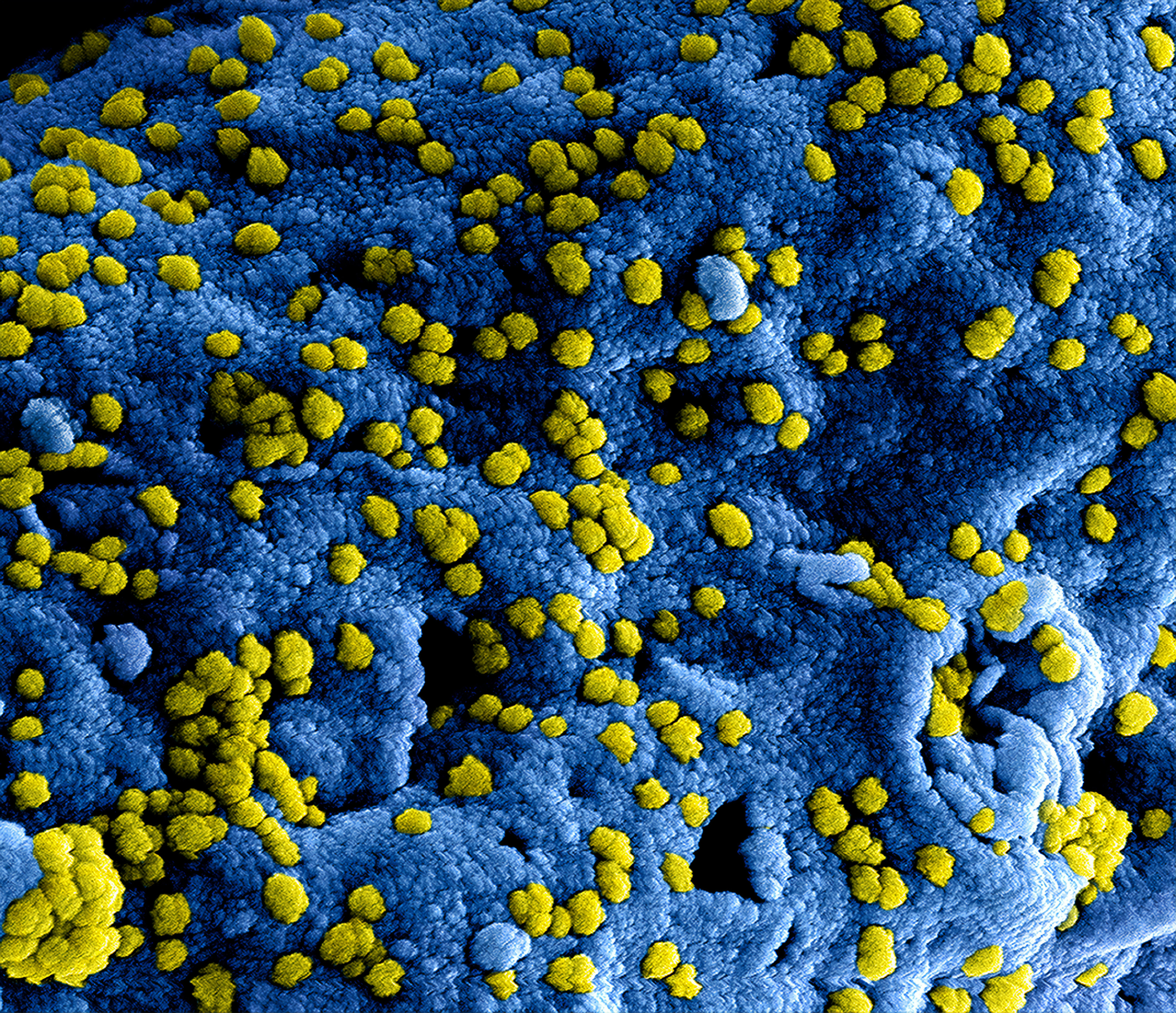Have you ever noticed a strong, distinct odor when using the bathroom? While it may be an unpleasant experience, it could actually be your body’s way of sending an important message. In some cases, smelly urine can be a sign of a kidney infection. This article explores the connection between smelly urine and kidney infections, shedding light on the potential warning signs that shouldn’t be ignored. So, next time you detect an unusual odor, pay attention – it may be your body’s way of alerting you to a hidden health issue.
Understanding Kidney Infection
Definition of kidney infection
A kidney infection, also known as pyelonephritis, is a serious condition that occurs when bacteria or other harmful organisms enter and infect the kidneys. It is a type of urinary tract infection (UTI) that specifically affects the kidneys. If left untreated, kidney infections can lead to severe complications and damage to the kidneys.
Causes of kidney infection
Kidney infections are commonly caused by bacteria that enter the urinary tract through the urethra and travel up to the kidneys. The most common bacteria responsible for kidney infections is Escherichia coli (E. coli), which is typically found in the digestive system. Other less common causes include viruses and fungi. Factors that increase the risk of developing a kidney infection include urinary tract abnormalities, a weakened immune system, urinary tract obstructions, and sexual activity.
Prevalence and risk factors for kidney infection
Kidney infections are more common in women than in men, primarily due to the shorter urethra, which allows bacteria to reach the urinary tract more easily. Pregnant women are also at an increased risk due to hormonal changes that can impair proper urinary tract function. Individuals with conditions such as diabetes, kidney stones, or a history of urinary tract infections are also more susceptible to kidney infections. It is important to be aware of the risk factors to take necessary precautions and seek prompt treatment if symptoms arise.
Essential Functions of Kidneys
Role in waste elimination
One of the essential functions of the kidneys is to eliminate waste products from the body. Kidneys filter the blood and remove waste substances, such as urea, creatinine, and excess salts, through the urine. This process helps maintain the balance of chemicals in the body and ensures the removal of metabolic waste.
Role in balancing electrolytes
The kidneys play a crucial role in maintaining proper electrolyte levels in the body. Electrolytes, such as sodium, potassium, calcium, and phosphate, are essential for various bodily functions, including nerve conduction, muscle contraction, and pH regulation. The kidneys regulate the levels of electrolytes by selectively reabsorbing or excreting them, depending on the body’s needs.
Role in regulating blood pressure
Kidneys also contribute to regulating blood pressure. They help control blood pressure by adjusting the amount of water and salts excreted in the urine. When blood pressure drops, the kidneys release an enzyme called renin, which triggers a series of hormonal reactions that increase blood pressure. Conversely, when blood pressure is high, the kidneys can excrete excess fluids and salts to help lower it.
Role in making red blood cells
The kidneys are responsible for producing a hormone called erythropoietin, which stimulates the bone marrow to produce red blood cells. Red blood cells carry oxygen to tissues and organs, and insufficient production can lead to anemia. The kidneys monitor the oxygen levels in the blood and release erythropoietin as needed to ensure an adequate supply of red blood cells.
Signs and Symptoms of Kidney Infection
Physical symptoms
Kidney infections often present with physical symptoms such as back or side pain. The pain specifically occurs in the area of the affected kidney. The pain can range from mild discomfort to severe and may worsen with movement or pressure. Additionally, individuals with kidney infections may experience tenderness in the affected area.
Urinary symptoms
Urinary symptoms are common in kidney infections. These include a frequent urge to urinate, pain or burning sensation during urination, cloudy or bloody urine, and urgency to urinate even when the bladder is not full. Experiencing these urinary symptoms, especially if accompanied by other signs, should raise concerns about a possible kidney infection.
Systemic symptoms
Systemic symptoms may also manifest in individuals with kidney infections. These symptoms include fever and chills, fatigue, nausea, and vomiting. The presence of these systemic symptoms indicates that the infection has spread beyond the urinary tract and may require immediate medical attention.
Interplay Between Urine and Kidney Health
How kidneys produce urine
The kidneys produce urine through a complex filtration process. Blood enters the kidneys, where it undergoes filtration to remove waste products and excess fluid. The filtered blood then returns to circulation, while the waste and excess fluid form urine. Urine then travels from the kidneys to the bladder through the ureters, ready to be eliminated from the body.
Factors affecting urine smell
Various factors can influence the smell of urine. Certain foods and medications can give urine a distinct odor. Additionally, dehydration can lead to more concentrated urine and a stronger smell. However, the smell of urine alone is not typically a reliable indicator of kidney infection unless other associated symptoms are present.
Normal vs. abnormal urine smell
Normal urine has a mild odor that is usually not overpowering. Abnormal urine smell may be an indication of an underlying issue, including kidney infection. If urine smells unusually strong, foul, or unpleasant, it is important to consider other accompanying symptoms and seek medical advice if necessary.

Smelly Urine as a Sign of Kidney Infection
How kidney infection affects urine odor
In kidney infections, the presence of bacteria and inflammation can cause changes in the odor of urine. The urine may develop a strong, unpleasant smell due to the accumulation of waste products and the breakdown of proteins by bacteria. However, it is important to note that urine odor alone is not sufficient for an accurate diagnosis of a kidney infection. Other symptoms, along with a proper medical evaluation, are necessary to confirm the presence of a kidney infection.
Other urinary changes in kidney infection
Besides changes in urine odor, kidney infections can also cause other urinary changes. This includes cloudy or bloody urine, increased urgency and frequency of urination, and pain or discomfort during urination. These changes, when combined with urine odor and other symptoms, can raise suspicion of a kidney infection.
Differential diagnosis with other urinary diseases
It is crucial to properly distinguish kidney infections from other urinary diseases when examining changes in urine smell. Various conditions, such as urinary tract infections, bladder infections, and certain metabolic disorders, can also cause changes in urine odor. A thorough medical evaluation and diagnostic tests are necessary to differentiate kidney infections from other possible causes.
Other Signs of Kidney Infection
Back or side pain
Unilateral back or side pain is a characteristic symptom of kidney infections. The pain typically originates in the area of the affected kidney and can range from dull achiness to sharp, severe pain. If you experience persistent or worsening back or side pain, it is important to seek medical attention for proper evaluation and diagnosis.
Frequent urination
Kidney infections can lead to increased frequency of urination, even when the bladder is not full. The frequent urge to urinate can disrupt daily activities and quality of life. If you find yourself consistently needing to urinate more often than usual, it is advisable to consult a healthcare professional to rule out any underlying kidney infection.
Fever and chills
The presence of fever and chills is indicative of a systemic infection, including kidney infections. Fever is the body’s response to an infection and is often accompanied by chills, sweating, and an elevated body temperature. If you experience these symptoms alongside urinary changes and pain, prompt medical attention is necessary.
Nausea and vomiting
Kidney infections can cause nausea and vomiting due to the body’s response to the infection. The inflammation and bacterial presence can trigger these symptoms, which can further contribute to dehydration and electrolyte imbalances. If you experience persistent nausea and vomiting without an obvious cause, it is important to seek medical help to identify and treat any underlying issues.

Diagnosing Kidney Infections
Medical history and physical examination
To diagnose a kidney infection, healthcare professionals will typically start by taking a detailed medical history and conducting a physical examination. They will inquire about your symptoms, including urinary changes, pain, and systemic symptoms, to assess the likelihood of a kidney infection. During the physical examination, the healthcare provider may palpate the flank area to check for tenderness or pain.
Lab tests including urinalysis
Urinalysis is a common diagnostic test used to detect the presence of a kidney infection. A urine sample is collected and analyzed for the presence of bacteria, white blood cells, red blood cells, and other abnormalities. The results can help confirm the diagnosis of a kidney infection and guide further treatment decisions.
Imaging tests like ultrasound or CT scan
Imaging tests, such as ultrasound or CT scan, may be ordered to evaluate the kidneys and detect any structural abnormalities or signs of infection. These tests can provide a clearer image of the kidneys and help identify any potential complications associated with the infection.
Differential diagnosis
Due to the overlapping symptoms of various urinary conditions, it is essential to properly differentiate kidney infections from other possible causes. The healthcare provider will consider the medical history, physical examination findings, and diagnostic test results to rule out other conditions and reach an accurate diagnosis.
Treatment for Kidney Infection
Antibiotics
The primary treatment for kidney infections is a course of antibiotics. The specific antibiotic prescribed will depend on the type of bacteria causing the infection and its sensitivity to different medications. It is important to complete the full course of antibiotics as prescribed by the healthcare provider to ensure the complete eradication of the infection.
Hospitalization for severe cases
In severe cases of kidney infection, hospitalization may be necessary. Hospitalization allows for close monitoring of vital signs, intravenous administration of antibiotics, and additional supportive measures. Hospitalization may be recommended for individuals with severe pain, high fever, signs of dehydration, compromised immune system, or other underlying medical conditions.
Home care and lifestyle changes
In mild or uncomplicated cases, kidney infections can be managed with home care and lifestyle changes. This may include adequate hydration to flush out bacteria, pain relief medications, rest, and maintaining good personal hygiene. It is important to follow the healthcare provider’s instructions and complete the prescribed treatment plan to ensure the infection is fully resolved.
Preventing recurrence
To prevent recurrent kidney infections, certain preventive measures can be taken. These include maintaining good hygiene, urinating soon after sexual intercourse, staying adequately hydrated, avoiding bladder irritants such as caffeine and alcohol, and practicing safe hygiene practices. In some cases, individuals with repeated infections may require further evaluation to identify any underlying contributing factors and develop a tailored prevention plan.
When to Seek Medical Help
When to consult your doctor
If you experience symptoms such as persistent back or side pain, changes in urinary patterns, fever, or any unusual symptoms, it is advisable to consult your healthcare provider. Prompt medical attention allows for proper evaluation, diagnosis, and initiation of appropriate treatment.
Warning symptoms requiring immediate medical attention
Certain warning signs indicate the need for immediate medical attention. These include high fever (above 101 degrees Fahrenheit), severe pain or tenderness in the abdomen or back, cloudy or bloody urine, inability to tolerate fluids, persistent vomiting, or signs of dehydration. If you experience any of these warning symptoms, seek emergency medical care without delay.
Preventing Kidney Infections
Hydration and regular urination
Staying adequately hydrated and maintaining regular urination can help prevent kidney infections. Drinking plenty of water helps flush out bacteria and toxins from the urinary system. Aim to drink at least eight glasses of water per day and urinate regularly to ensure the elimination of any potentially harmful organisms.
Avoiding bladder irritants
Certain substances can irritate the bladder and increase the risk of developing urinary tract infections, including kidney infections. Avoid or limit the consumption of bladder irritants such as caffeine, alcohol, spicy foods, and artificial sweeteners. These substances can irritate the bladder and make it more susceptible to infection.
Preventing urinary tract infections
Urinary tract infections (UTIs) are often the precursor to kidney infections. Taking measures to prevent UTIs can help reduce the risk of developing kidney infections. This includes proper hygiene practices, wiping from front to back after using the toilet, urinating before and after sexual intercourse, and avoiding the use of irritating personal care products.
Healthy lifestyle and diet
Maintaining a healthy lifestyle and diet can also contribute to kidney health and reduce the risk of infections. It is important to eat a balanced diet rich in fruits, vegetables, whole grains, lean proteins, and healthy fats. Regular exercise, stress management, and avoiding smoking can further support overall kidney health.
In conclusion, understanding kidney infections is crucial for early recognition and prompt treatment. Kidney infections can cause various symptoms, including changes in urine smell, physical discomfort, urinary symptoms, and systemic manifestations. Seeking appropriate medical help, undergoing diagnostic tests, and adhering to prescribed treatments are essential for proper management. Preventive measures such as staying hydrated, maintaining good hygiene, and adopting a healthy lifestyle can significantly reduce the risk of kidney infections and their complications. Remember, if you suspect a kidney infection or experience concerning symptoms, consult your healthcare provider for a thorough evaluation and appropriate care.


